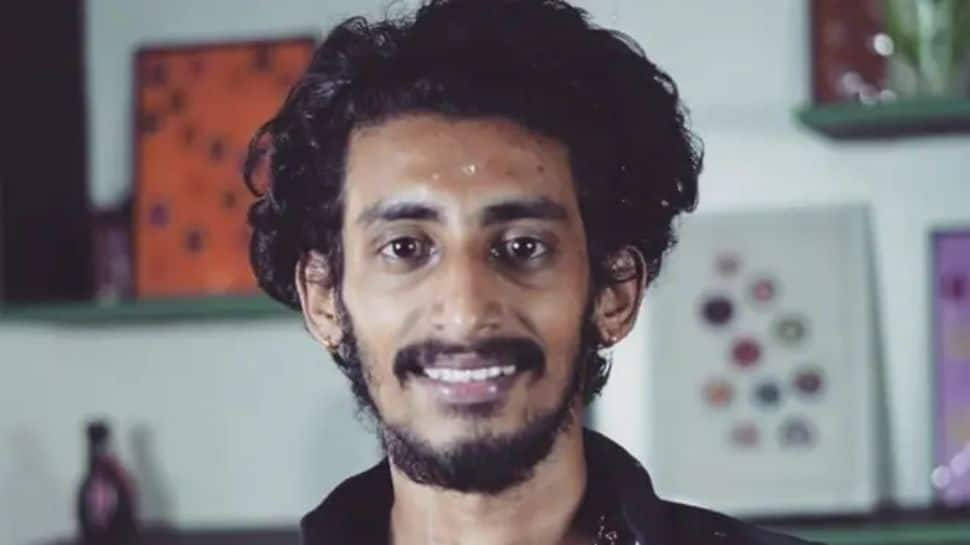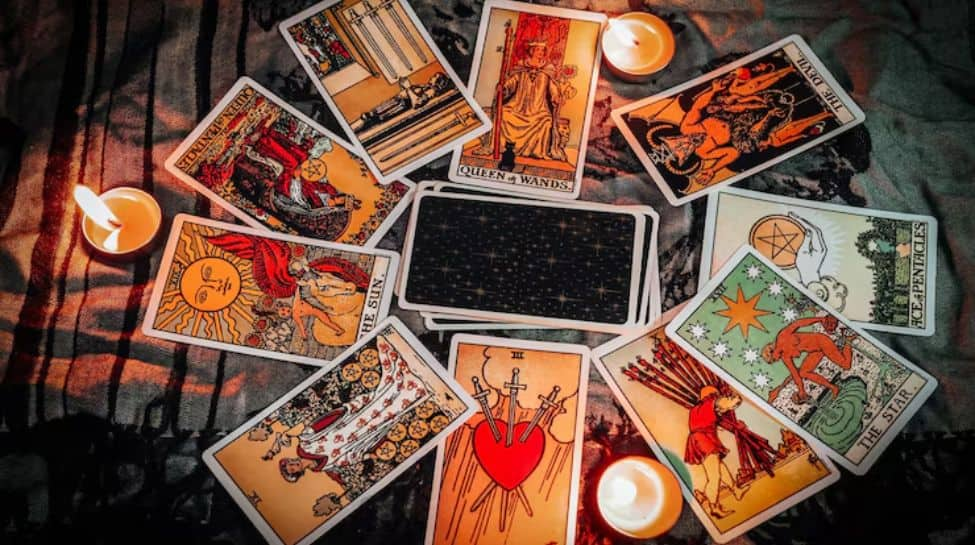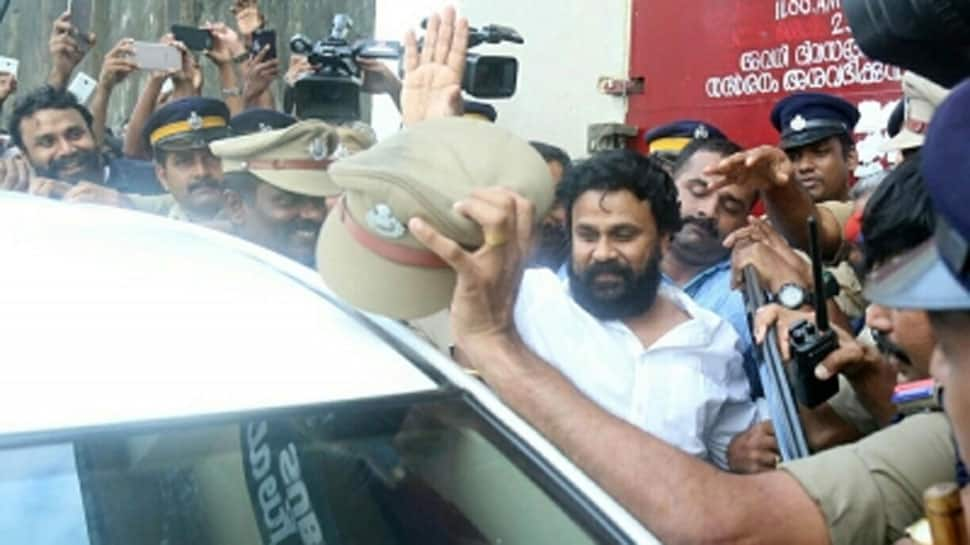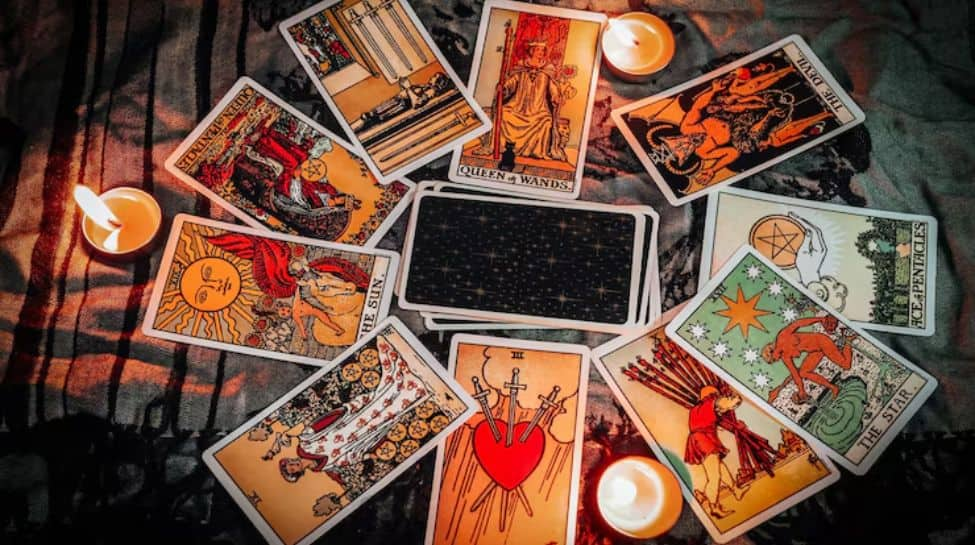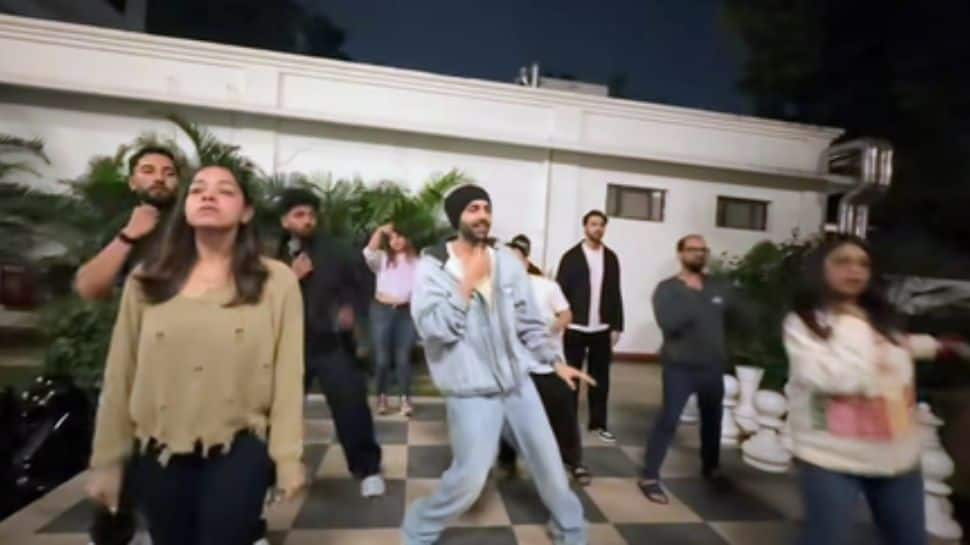Dev Uthani Ekadashi, also known as Prabodhini Ekadashi or Devutthana Ekadashi, holds deep religious and cultural importance in Hinduism. Celebrated on the 11th day (Ekadashi) of the bright fortnight in the month of Kartik (October–November), this day marks the end of Lord Vishnu’s four-month-long cosmic sleep (Chaturmas) and the beginning of auspicious occasions like weddings and religious ceremonies.
Here are five special aspects that make this Ekadashi truly significant:-
1. Lord Vishnu Wakes from His Divine Slumber
According to Hindu beliefs, Lord Vishnu goes into a divine sleep on Devshayani Ekadashi in the month of Ashadha and awakens on Dev Uthani Ekadashi in Kartik.
This awakening, known as ‘Prabodhan’, symbolises the return of positive energy, prosperity, and auspiciousness to the universe. Devotees believe that from this day onward, all holy and prosperous works such as marriages, housewarmings, and festivals can begin again.
2. The End of Chaturmas and Start of Auspicious Activities
Dev Uthani Ekadashi marks the end of the Chaturmas period, a four-month phase when many Hindus abstain from rituals like weddings, yagnas, and new beginnings as Lord Vishnu rests.
After this Ekadashi, the cosmic balance is restored, and all auspicious activities resume. It’s considered an ideal day to start new ventures, perform religious vows, or make life-changing decisions.
3. Tulsi Vivah — The Divine Wedding
One of the most special traditions associated with Dev Uthani Ekadashi is the Tulsi Vivah, the ceremonial marriage between Tulsi (the holy basil plant) and Lord Vishnu (in the form of Shaligram or Krishna).
This divine wedding symbolizes the sacred union of purity, devotion, and protection. Many devotees organize Tulsi Vivah at home or in temples, believing it brings blessings, happiness, and harmony to their families.
4. Fasting and Rituals of Devotion
On this sacred day, devotees observe a full-day fast (Ekadashi vrat) to honor Lord Vishnu. The fast includes prayers, bhajans, and reading sacred texts like the Vishnu Sahasranama.
The fast is broken the next day (Dwadashi) after offering food to Brahmins or the needy. It’s believed that fasting on Dev Uthani Ekadashi purifies the soul, removes past sins, and brings divine blessings.
5. Symbol of Renewal and Spiritual Awakening
Dev Uthani Ekadashi isn’t just about rituals — it carries a deeper spiritual message. It represents renewal, awakening, and the victory of light over darkness.
Just as Lord Vishnu awakens from his sleep, devotees are encouraged to awaken spiritually, reflect on their deeds, and strengthen their connection with the divine. It’s a reminder to restart life with positivity, discipline, and faith.
Dev Uthani Ekadashi is a celebration of divine awakening, spiritual renewal, and the beginning of auspicious times. From Tulsi Vivah to the end of Chaturmas, every ritual on this day reminds devotees of unity, devotion, and the eternal presence of Lord Vishnu.
As bells ring and prayers echo across temples, this sacred day continues to inspire millions to embrace purity, faith, and new beginnings with open hearts.
(This article is intended for your general information only. Zee News does not vouch for its accuracy or reliability.)
Stay informed on all the latest news, real-time breaking news updates, and follow all the important headlines in india news andworld News on Zee News.

 1 month ago
1 month ago

